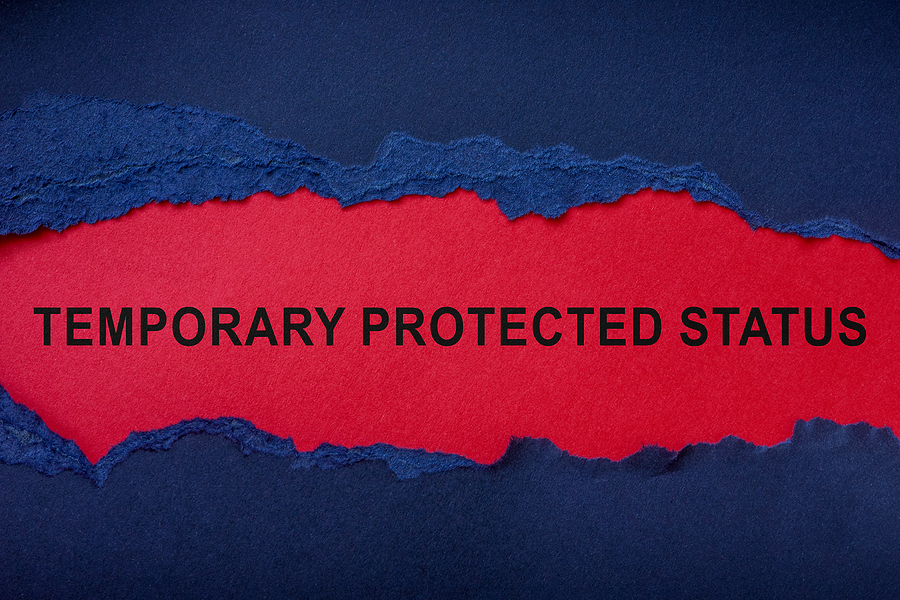Although no announcement has been forthcoming, the worst kept secret in the American political arena is the impending run of Florida Governor Ron Desantis for office the President of the United States. As he ratchets up support to begin his battle with Donald Trump during the Republican primary, Governor Desantis has pushed through a bill in the Florida House and Florida Senate that looks a lot like federal congressional legislative action.

HB 1718/SB 1718, colloquially known as Florida’s immigration bill, or Florida’s anti-immigration bill (depending on who you ask), passed both houses of Florida’s government and is expected to become the law of the land in Florida on July 1, 2023. Supporters say it gives teeth to federal laws immigration laws that are being ignored by the current administration. Detractors say it usurps federal authority, negatively impacts Florida communities, and will have a chilling effect on vulnerable people who need medical attention. So what does the law actually say?
Florida’s new immigration law isn’t really just one new law. It is actually a conglomeration of laws adding and subtracting from different existing statutes all aimed at achieving the same goal: targeting individuals who are in the State of Florida who do not have any lawful immigration status.
 Florida Immigration Lawyer Blog
Florida Immigration Lawyer Blog


 This information includes whether the applicant is eligible to become a permanent U.S. resident and whether all the information provided on the application is valid.
This information includes whether the applicant is eligible to become a permanent U.S. resident and whether all the information provided on the application is valid. Hurricane Ian affected the lives of Floridians in countless ways. Homes were destroyed and many people’s personal belongings were lost forever. For individuals who are in the process of changing their immigration status, these losses have more than just sentimental value. The loss of certain personal items can have an adverse effect on their immigration case.
Hurricane Ian affected the lives of Floridians in countless ways. Homes were destroyed and many people’s personal belongings were lost forever. For individuals who are in the process of changing their immigration status, these losses have more than just sentimental value. The loss of certain personal items can have an adverse effect on their immigration case. The Biden administration has extended the
The Biden administration has extended the 